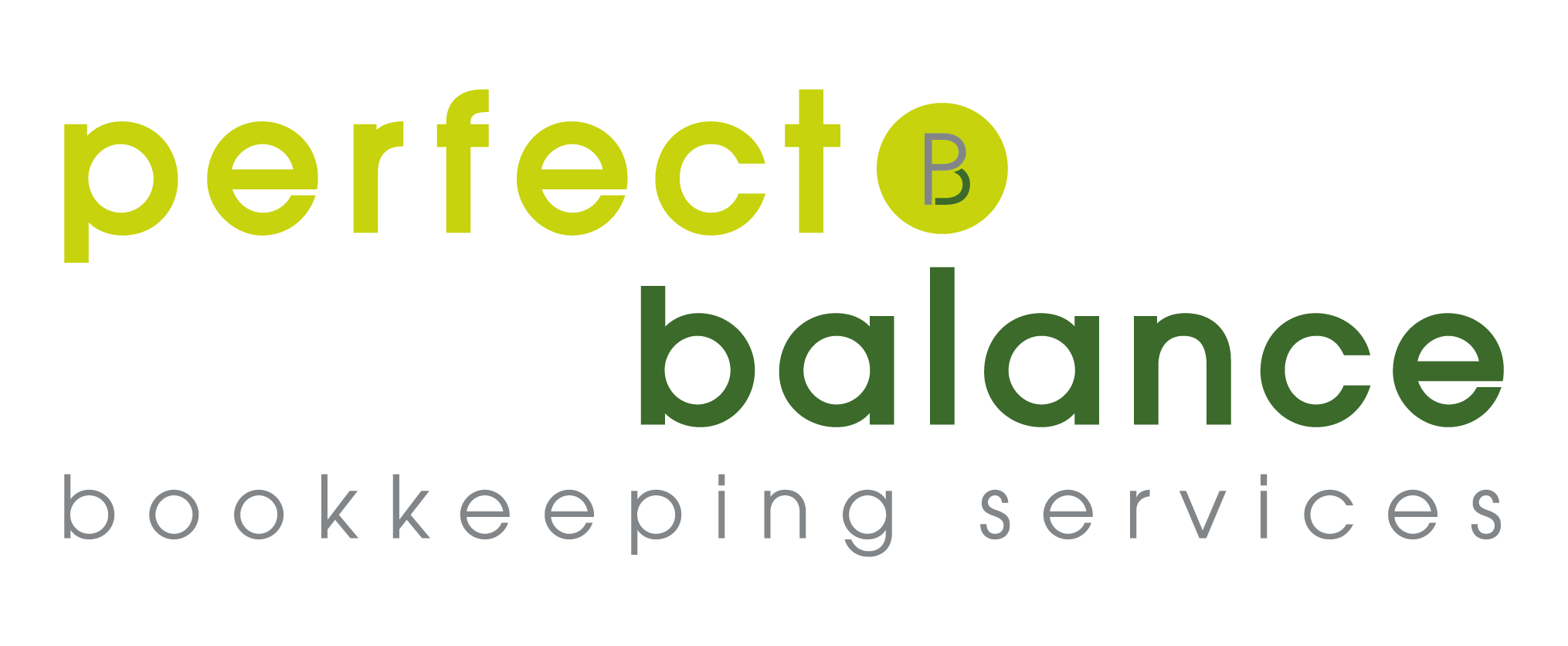Essential bookkeeping tips for small businesses
As a small business owner in the UK, managing your finances effectively is essential to your success. While you may be passionate about your products or services, keeping your financial records in order can often feel overwhelming. That’s where effective bookkeeping comes in. In this blog post, we’ll explore essential bookkeeping tips and best practices to help you streamline your financial processes and ensure your business remains compliant.
1. Stay organised
Keeping your financial records well-organised is the foundation of good bookkeeping. Use a consistent filing system for invoices, receipts, and other documents. This could be physical files or digital folders. Set aside regular time each week or month to ensure everything is in order. An organised system makes it easier to track your expenses and income, prepare for audits, and file taxes.
Tips for organisation:
Use folders and labels for physical documents.
Consider cloud storage solutions for digital files, ensuring they are backed up securely.
Use a checklist to ensure all documents are accounted for each month.
2. Regular reconciliation
Regularly reconciling your bank statements with your accounting records is essential for maintaining accurate financial statements. With tools like Xero, the reconciliation process becomes much more straightforward. Xero allows you to import your bank transactions directly, making it easy to match them with your accounting records.
Steps for reconciliation with Xero:
Import bank transactions: Use Xero’s bank feed feature to automatically import your bank transactions.
Match transactions: Review the transactions in Xero and match them with your invoices and bills.
Identify discrepancies: If there are any discrepancies, investigate and make necessary adjustments.
Update regularly: Make a habit of reconciling your accounts at least once a month.
3. Automate where possible
Automation can significantly reduce the risk of human error and save you valuable time. Many accounting software solutions like Xero can help automate tasks such as invoicing, payroll, and expense tracking. Look for software that fits your business needs and is user-friendly.
Software we recommend:
Xero: Great for online invoicing and expense management.
Hubdoc: Upload invoices and receipts easily and make the most of the automatic uploads.
4. Monitor cash flow
Regularly review your cash inflows and outflows to ensure you have enough liquidity to meet your obligations. Understanding your cash flow can help you identify areas where you can save money without sacrificing operations.
Cash flow tips:
Create a cash flow forecast to anticipate future income and expenses. Ask us for a blank template you can use.
Keep track of your payment terms and follow up on overdue invoices.
Consider negotiating better payment terms with suppliers to improve cash flow.
5. Understand tax obligations
As a small business owner in the UK, understanding your tax obligations is crucial. This includes knowing the deadlines for VAT, corporation tax, and PAYE (Pay As You Earn) contributions. Staying informed will help you avoid penalties and ensure compliance.
Tax tips:
Keep detailed records of all income and expenses to simplify tax reporting.
Set aside funds for tax payments to avoid cash flow issues. Does your bank account have saving spaces and automations to transfer portions of your income?
Consult a tax professional for specific guidance tailored to your business.
6. Seek professional advice
If accounting isn’t your strong suit, consider hiring a professional bookkeeper or accountant. A qualified professional can help ensure compliance with regulations, assist with strategic financial planning, and provide valuable insights into your business’s financial health.
Benefits of professional support:
Expertise in navigating complex tax regulations.
Assistance with financial forecasting and budgeting.
Time savings, allowing you to focus on growing your business.
Embracing effective bookkeeping practices is essential for the success and sustainability of your small business in the UK. By staying organised, reconciling your accounts regularly, automating processes, monitoring cash flow, understanding tax obligations, and seeking professional advice, you can enhance your financial health and focus on growing your business.
At Perfect Balance we specialise in providing personalised bookkeeping services for small businesses. Our team of experts is here to support you with all your financial needs, ensuring you have the time and confidence to focus on your business goals.
Contact us today to learn more about how we can help you maintain the perfect balance in your finances!
